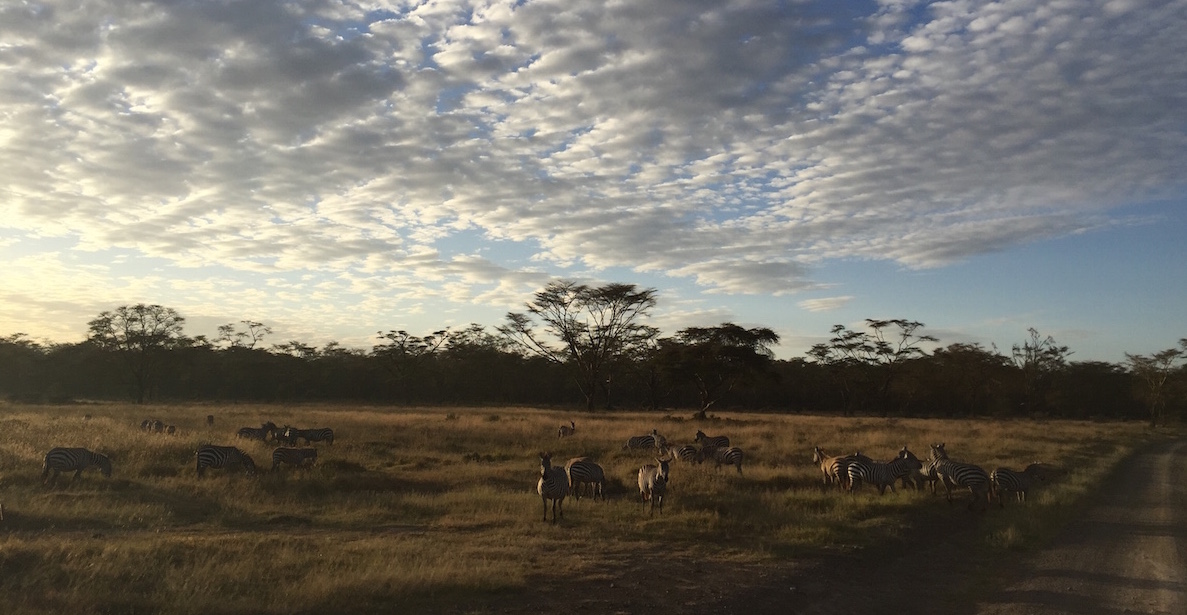A Precarious Balance Between Wildlife and Metropolis: Four Things to Do in and Around Nairobi
This Spring Festival I decided to celebrate my holidays a little bit differently, leaving behind the smog and noise for Tanzania, Kenya, and Ethiopia, in what was a bit of a whirlwind tour to visit friends and see as much wildlife as possible.
Included in this was a five-day stint in Nairobi, Kenya, to explore Lake Nakuru National Park, based close to the city. Nairobi itself is rather verdant, especially to someone coming in straight from a loufang inside the rather concrete Second Ring Road. The shift from the occasional hutong weasel eating trash to lions eating larger things was exactly the change of scenery I was looking for. Below are the four things that I would recommend to someone seeking the same adventure.
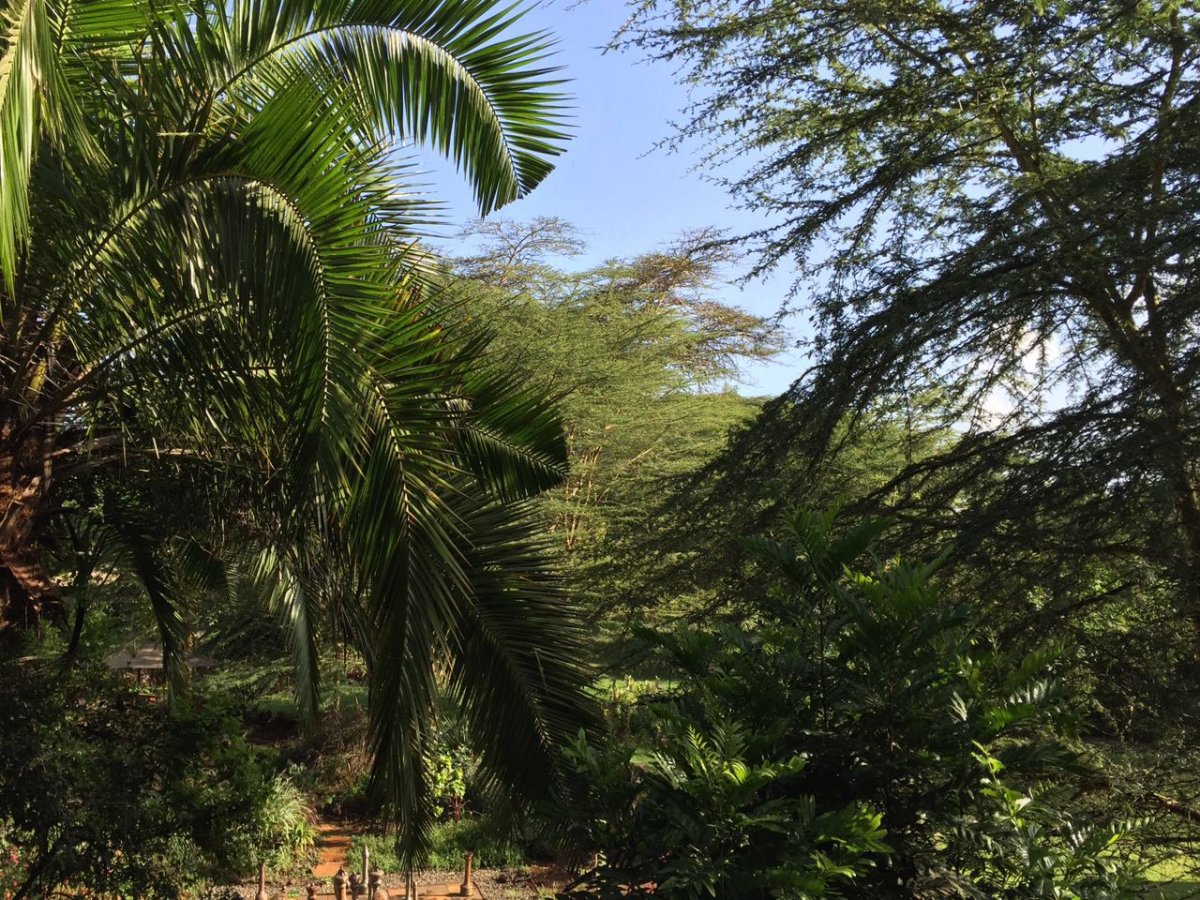
1. Stay at Wildebeest Eco Camp
We stayed at Wildebeest Eco Camp, a luscious green camp with a range of tents. We settled on the deluxe tent, which has its own pristine bathroom, and was extremely luxurious, complete with huge soft beds. The facilities at this eco camp were probably better, and better appointed, than most other hotels we stayed at during our entire trip. There was also a pool, and two adorable dogs that hung out at the camp, too, which didn't hurt.
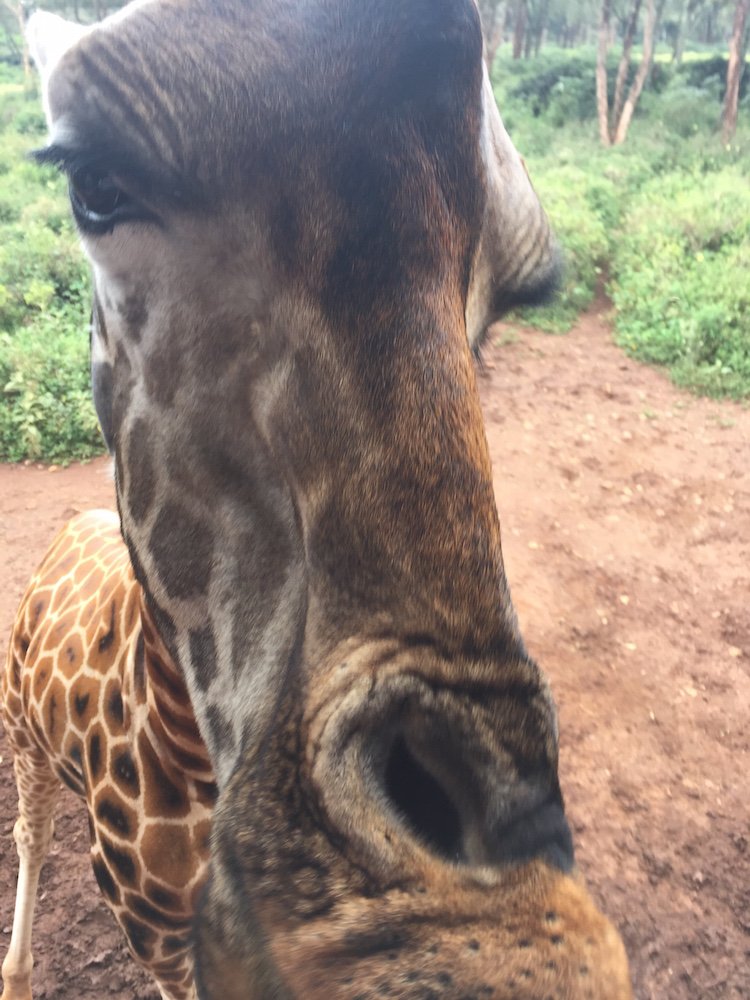
2. Kiss a giraffe
Nairobi's giraffe center is a breeding center for the endangered Rothschild's giraffe. Apart from being able to see them up close, you can also feed the animals, including the adorable warthogs that hang out too, hoping to snag some of the giraffe's leftovers. Entry fees will largely go to the support of the center, and further research into this endangered species.
The top thing to do here is feed the giraffe mouth-to-mouth: put some giraffe feed between your lips and have the giraffe kiss you. Giraffe spit is antiseptic, and is supposedly good for you. Be careful though, as some giraffes are known to head-butt.
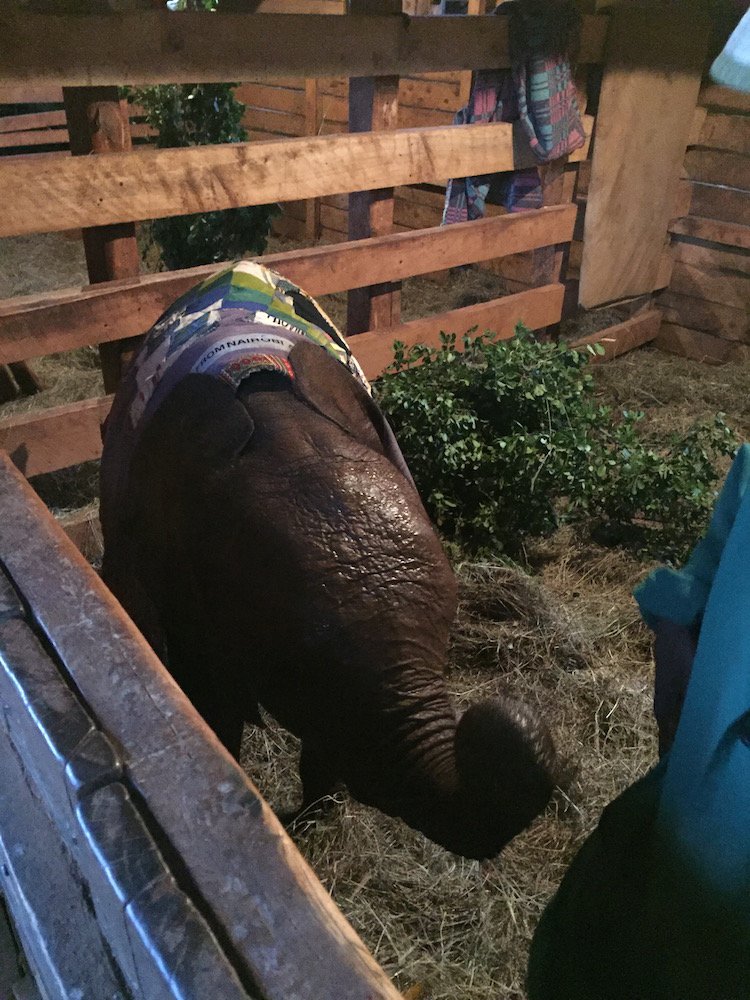
3. Visit the David Sheldrick Wildlife Trust
Another great destination in Nairobi is the David Sheldrick Wildlife Trust, which has been rescuing and rehabilitating orphan elephants and rhinos since 1977. Although there's a slight catch (you have to be an sponsor to visit the trust), it's completely worth it. Fostering starts at USD 50 per year (approximately RMB 320), and updates you about your chosen orphan, the opportunity to visit during feeding or bed time, and a fostering certificate.
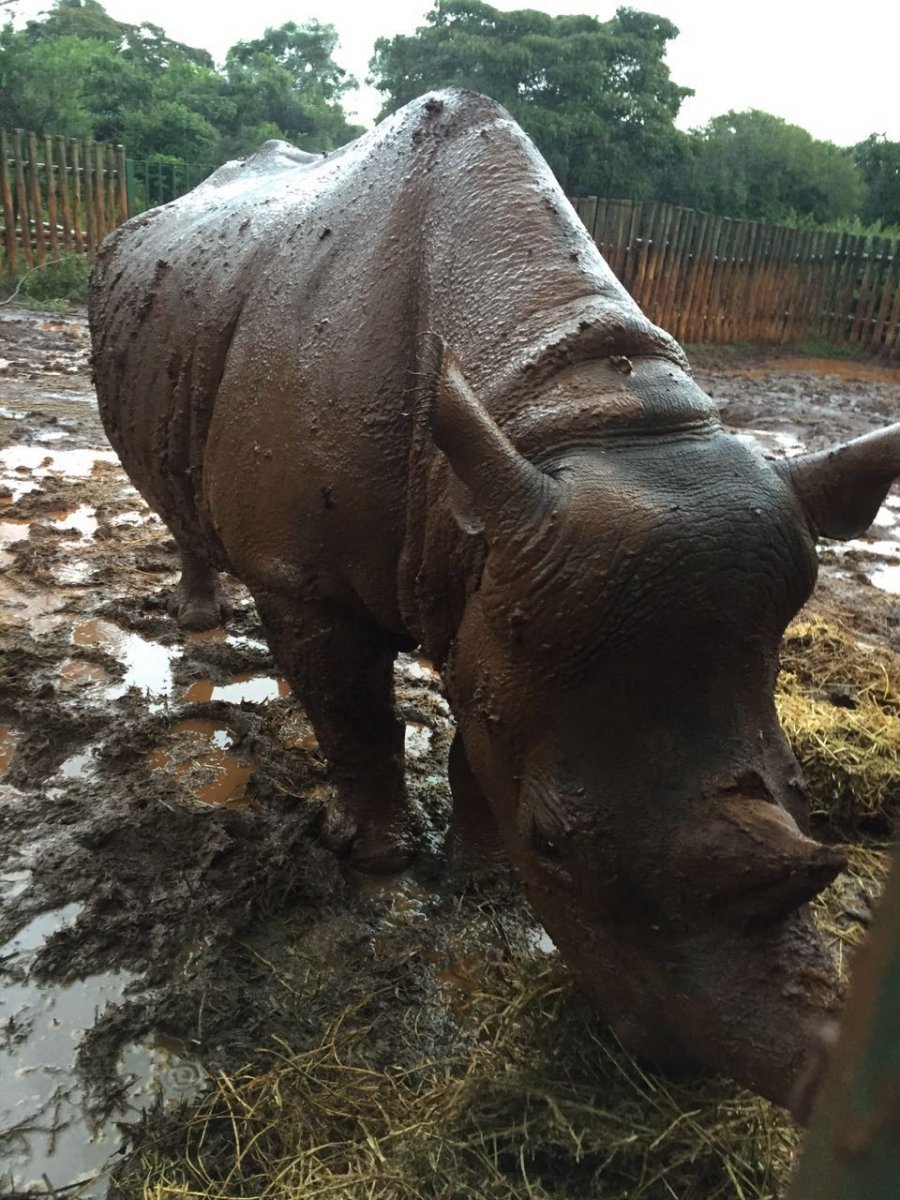
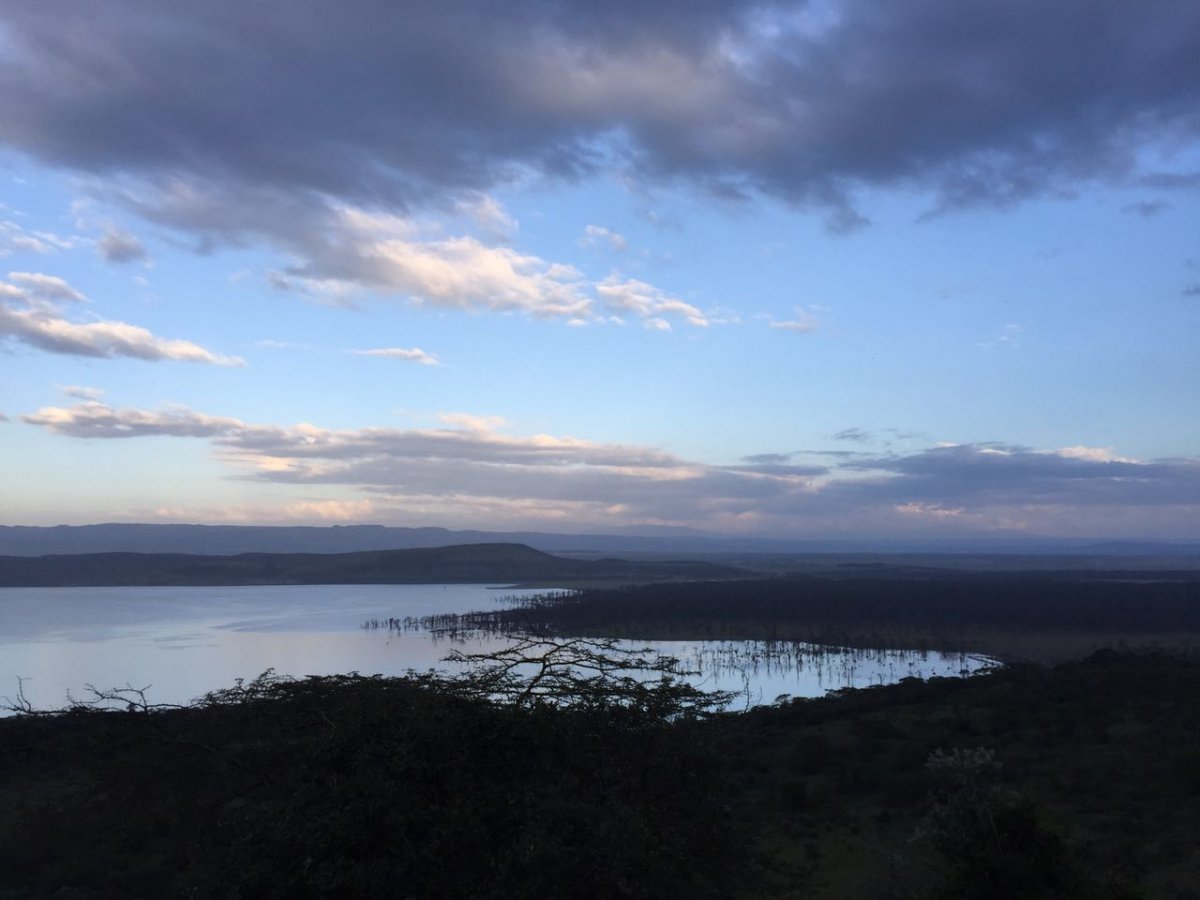
4. Go on safari
And finally, of course, there's the famous safari. If you have a bit more time, Lake Nakuru National Park is about three hours from Nairobi. It is a great place to go, as there's much less traffic than other parks, there are plenty of animals, and a number of stunning viewing points. Your writer was incredibly lucky though, as a Kenyan-born friend took us around in his family car, meaning that we got a much more personal experience, and we didn't have to go on a prescribed tour.
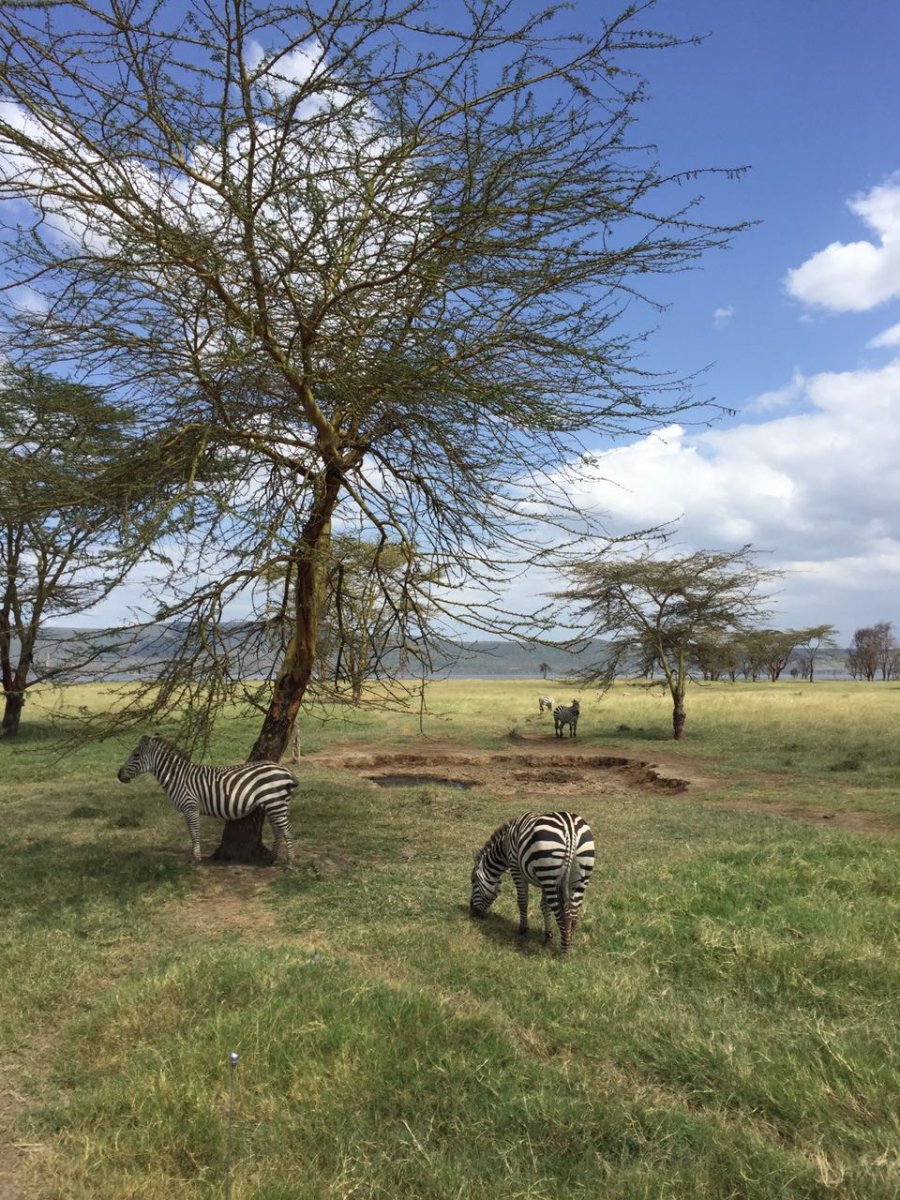
I should start with an apology to said friends, for how overly excited I was at literally everything. There was a lot of squealing, even at simple things like the sunset, a creature ever so elusive in Beijing. Or maybe I just don't wake up early enough ... Either way, the natural environment and incredibly vibrant skies were a real highlight for someone more accustomed to monochrome gray, but I could have never guessed just how much I enjoyed scanning for animals too.
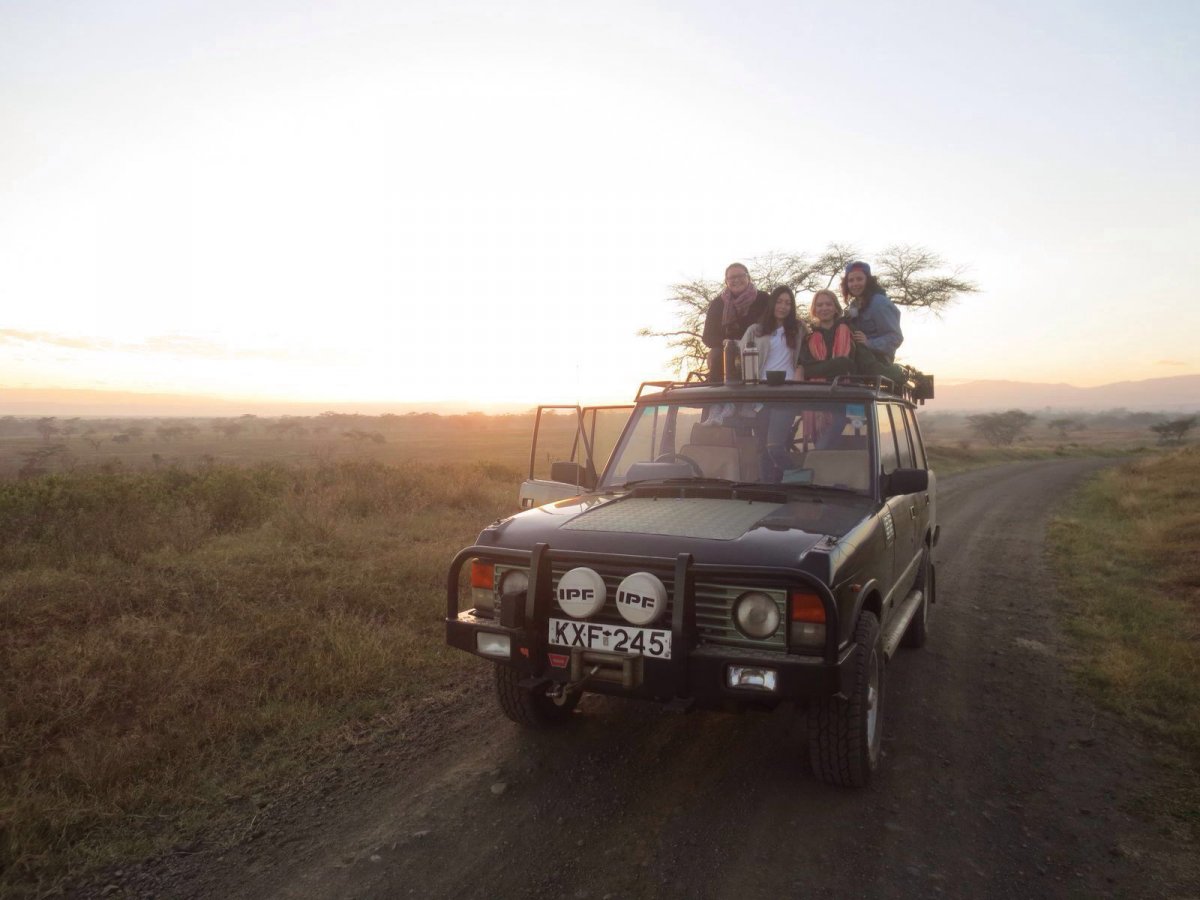
And animals there were plenty: from the abundance of zebras, buffalos, and impalas, we also spotted rhinos, both black and white, colobus monkeys, baboons, hyenas, hippos, and a jackal. Highly different to any zoo, there were no children trying to feed the animals plastic, which was a great relief. The only animal I didn't like were the baboons, as they gave me the creeps. Every time you turn your back to them, they would inch closer, only stopping when you turn to look them in the eye.
On our last day we got really lucky. Having searched for lions for two days, we found nine of them basking in the sun not far from our lodge. In the photo below, there are at least five lions underneath that tree, explaining why they are so hard to spot. In that sense, we found lions to be a little bit like empty Beijing taxis: never anywhere you want them to be.
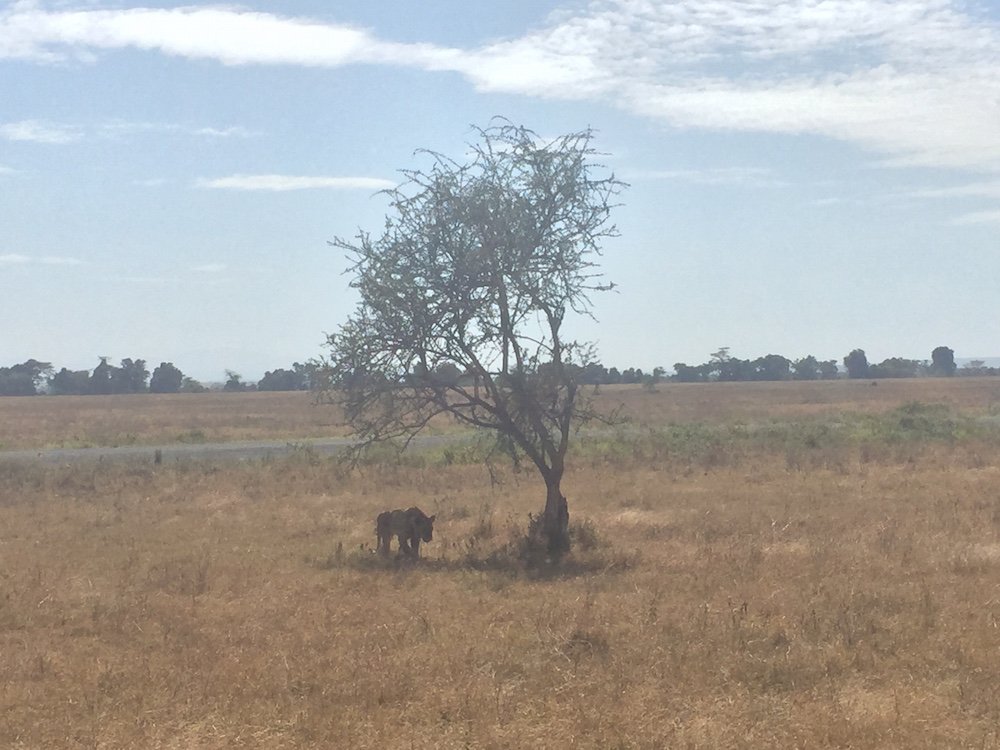
With the ranger at our lodge guiding us in this direction, and our friend's safari skills on point, we were the first to find the lions and had about 45 minutes alone with them until other tours started heading our way. Watching them move from the airstrip, where they were tanning, into the shade of the tree, was something I will never forget.
More stories by this author here.
Email: margauxschreurs@truerun.com
Instagram: s.xuagram
Photos: Margaux Schreurs, Jan Fox

